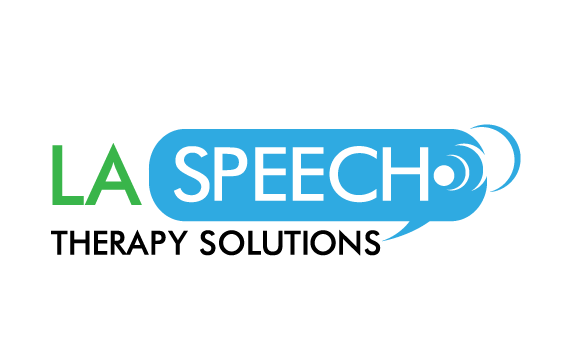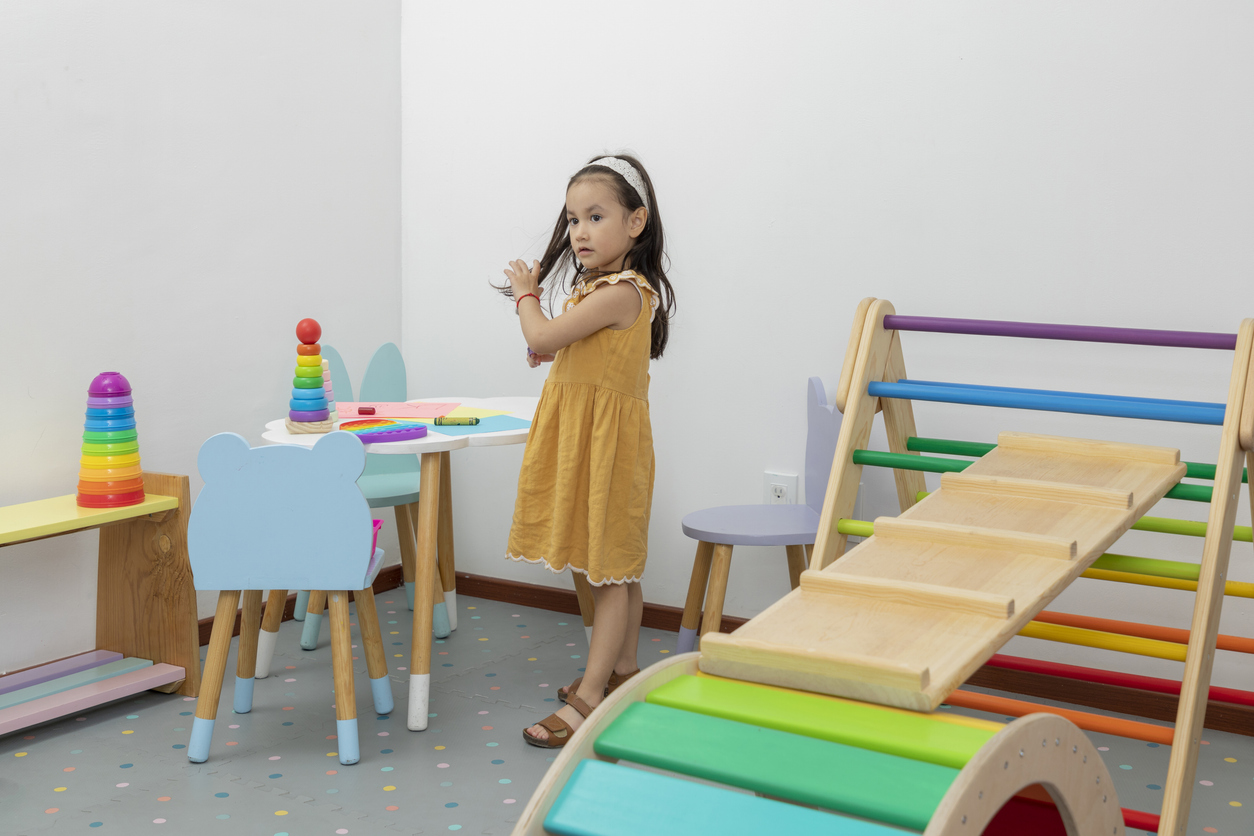
Occupational therapists are uniquely and vital in helping communities lead fulfilling productive lives. When a child suffers from an illness or injury that impedes their ability to live independently a pediatric occupational therapy near me provider can save the day.
Pediatric occupational therapists have no better opportunity than to assist children in obtaining a good start in life and to help them get off to the best possible start in their lives as early as possible.
Pediatric occupational therapists provide treatment to children, infants and even teenagers. In its Centennial Vision, the American Occupational Therapy Association (AOTA) has highlighted children and teenagers as one of six areas for occupational therapy practice in the 21st century.
If you’re considering becoming a pediatric occupational therapist, you’re on a good path. You can rest assure that you are entering a rewarding career that brings good into the world. Read ahead to uncover the specifics of getting into this specialty and the most coveted characteristics of people who excel at this type of work.
How to become a pediatric occupational therapist
Occupational pediatric therapy helps children develop the skills they need to live happy and healthy lives. The variables holding a child back will depend on the child’s specific case. The pediatric occupational therapist’s job is determining the underlying causes of delayed cognitive development. They can then look at various treatments to design a suitable therapy plan.
Society values the expertise of pediatric occupational therapists since the longer a child deals with speech issues, the more the problem compounds as they age. Other areas include cognitive, fine motor and gross motor skills as well as self-care tasks.
A pediatric occupational therapist often incorporates games into their practice to help encourage their patients. This tactic also helps reduce anxiety and involves games, puzzles, toys, songs and physical activities. In addition to developing critical skills, children are also likely to build up a sense of confidence and self-esteem as a result of the program.
Occupational therapists are in high demand in hospitals, clinics, and community outreach programs as a result of the growing number of pediatric patients.
As a result of the growing demand for their specialized skills, occupational therapists are expected to have a 21 percent increase in employment by 2026, according to the Bureau of Labor Statistics. Pediatric occupational therapists usually work in hospitals, clinics, schools, or community centers.
A master’s degree is the entry-level degree for occupational therapists, according to Glassdoor. Pediatric occupational therapists earn a median annual salary of over $80K. All occupational therapists will have to earn a doctoral degree from the Accreditation Council for Occupational Therapy Education by 2027 to become licensed in their state.
The rewarding benefits
Pediatric occupational therapists have a special chance to to improve the wellbeing of of children’s lives. They help children develop coping mechanisms and skills that will help them grow up into being self-reliant as adults. Here are a few ways that these therapists can help them:
-
Autism
It has been estimated that 80 percent of children with autism have difficulties with sensory processing. Being a therapist for children with autism means that a therapist should be familiar with the sensory processing challenges these children face.
In addition to providing practical advice on how to intervene with such riggers, pediatric occupational therapists can also help parents and caregivers understand more about what sensory processing is and how it impacts their child.
According to the American Occupational Therapy Association, kids with autism are typically treated by occupational therapists in schools, hospitals, or private practices. As part of their childhood occupations, the children are encouraged to participate in swings, interactive games, and problem-solving activities.
-
Literacy
A recent study has revealed that children who are unable to read by the time they reach third grade are more than four times as likely to quit school before they graduate from high school as children who are able to read by that age.
It is possible for pediatric occupational therapy to help patients improve their written and reading communication by modifying activities and environments so that literacy skills become more accessible to patients. As a result, they provide support to individual students, groups of students, even entire classrooms, in order to accomplish this goal. It is important to address factors such as play, language, attention, regulating emotions, and other factors that can contribute to success when it comes to developing literacy skills.
-
Mental health
Occupational therapists provide pediatric operational services and early signs of mental health disorders to kids with a variety of mental health disorders. They can also intervene if they’re at risk, like if they move a lot or come from economically and socially disadvantaged backgrounds.
To determine if the child is able to fulfill the demands of their roles and activities on a daily basis, an occupational therapist can conduct a client-centered assessment. The AOTA recommends occupational therapists use interventions to promote social-emotional development, regulate sensory systems that are overactive or underactive, collaborate with families, medical professionals, and educators.
-
Obesity
It has been proven that obese children are more likely to suffer from asthma, type 2 diabetes, cardiovascular disease, high blood pressure, and sleep apnea than non-obese children.
In addition to providing services at schools, communities, and homes, pediatric occupational therapists also carry out interventions in other settings. In order to reduce the negative stigma about weight and bullying, we can use a number of strategies, including culturally appropriate healthy food preparation, enjoyable physical and social activities, and strategies to reduce the negative stigma related to obesity.
Looking for pediatric occupational services?
If you’re looking for pediatric occupational services, LA Speech Therapy Solutions has everything you need to help your child improve their speech. LA Speech Therapy Solutions’ treatment plans are especially designed for the specific needs of each child, ensuring they receive the proper care to help them live their best possible lives. Our dedicated team of trained professionals stands by to help your children with improving their communication and behaviors. Pick up the phone today to schedule an introductory call!





